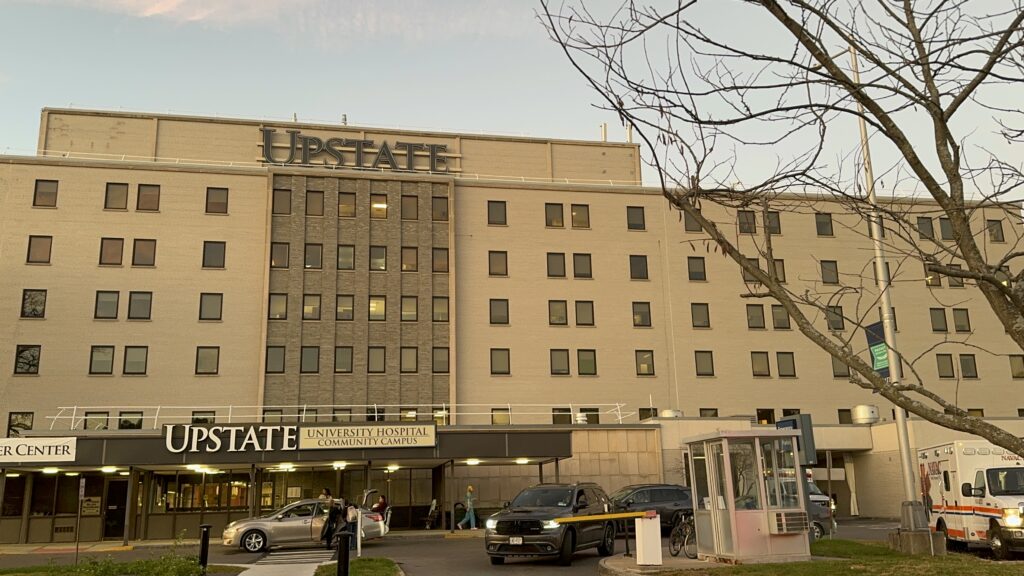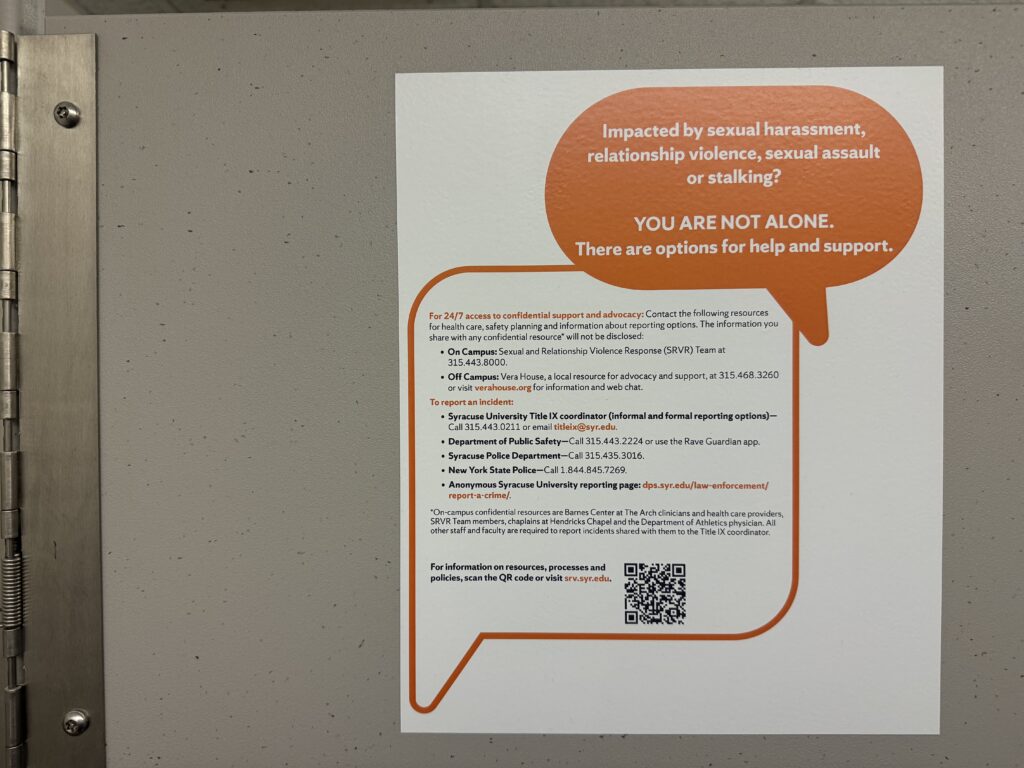The initiative emphasizes the importance of Sexual Assault Nurse Examiners (SANEs) in providing trauma-informed care, while addressing the nationwide shortage of professionals needed to support survivors.
Content Warning: Discussion of sexual abuse, violence and assault
SYRACUSE, N.Y. (NCC News) — Nov. 3-9 marked Forensic Nurses Week, an initiative by the International Association of Forensic Nurses (IAFN) to raise awareness about this critical yet often overlooked profession. The IAFN is hosting several events nationwide to honor forensic nurses, including social media campaigns with videos like “A Day in the Life of a Forensic Nurse” and toolkits to educate the public.
A forensic nurse is a Registered Nurse who has received specialized training in treating individuals affected by violence or victimization, according to the IAFN. Many forensic nurses also serve as Sexual Assault Nurse Examiners (SANEs) in their communities, where they provide care for survivors of sexual violence.
On Friday, the IAFN encourages everyone to wear lilac in recognition of Forensic Nurses Day, a moment to honor the essential work forensic nurses do across the country. The New York chapter of the IAFN hosted a local SANE open house on Thursday, offering clinical skill lessons, demonstrations, and introductions to nurses in the field.
“We invited anyone healthcare to try to promote and increase our numbers in our program of sexual assault forensic examiners,” said Cathy Narcavage-Bradley, president of the IAFN New York chapter and Syracuse-based SANE.

Challenges with accessibility and shortages
Forensic Nurses Week falls within the “Red Zone,” a period on college campuses between the beginning of the fall semester and Thanksgiving break, when incidents of sexual assault typically peak. According to the Center for Women and Families, more than 50% of college sexual assaults occur during this time, highlighting the critical need for forensic nurses.
Despite the demand, there is a national shortage of SANEs. The IANF reports that only 17-20% of hospitals in the U.S. have SANEs on staff, and in rural areas, survivors often face long travel times to access specialized care. Some survivors in Alaska are forced to travel 15 hours and access two airplanes to receive care from a SANE, according to RAINN,
“I think what happens a lot is sometimes people get the training and then don’t practice and then it’s really hard to become comfortable and competent in the role if you’re not doing the work,” said Narcavage-Bradley.
In 2022, Congress introduced a new bill, the Supporting Survivors Access to Nurse Exams (SANE) Act, in an attempt to increase numbers of specialized nurses across the country. The bill provides additional training and funding, including $30 million in federal grants for tribal, rural and underserved communities. Despite this, Narcavage-Bradley says the shortage persists across New York state.
To combat issues with accessibility, Narcavage-Bradley also works with TeleSAFE, a New York initiative offering virtual support for hospitals that lack available SANEs or sexual abuse programs. This 24/7 service is free of charge, with experienced SANEs available to provide guidance on exams, evidence collection, and follow-up care.

Survivor-centered care
SANE programs in New York vary. Some are community-based, while others are hospital-centered. Narcavage-Bradley works with Vera House, a local community organization providing services to survivors of sexual and domestic abuse. At Vera House, the nurses are on-call to respond to hospitals within an hour. When called, SANEs also bring a local advocate to support the survivor through the exam process, which can take up to four hours. According to the Safe Project, exams can include:
- Testing clothes worn at the time of the assault
- Collecting samples of blood, DNA, urine, swabs from affected areas, trace specimens, pubic hair
- Documenting bruising or other traumatic injuries
- Receiving STD testing and treatment or emergency contraception
- Access to showers, toiletries and fresh clothing
“The exam is very patient centered. Sometimes they want just a very little bit, and sometimes they want everything we can offer. One thing I really like about the role is that I’m able to provide that patient centered, informed, choices and trauma informed care,” said Narcavage-Bradley.
Despite the difficulties, Narcavage-Bradley is proud to give a little bit of control back to survivors, in a time when they have lost all control.
“It’s a very challenging role, but it’s also really motivating, impactful when you have those cases. At the end of most exams, I feel like I’ve helped that patient, kind of get back to their healing and recovery from sometimes the worst moment of their life so far,” she said.
VIDEO TRANSCRIPT + Forensic Nurses Week highlights critical roles in supporting survivors of sexual violence
Cathy Narcavage-Bradley: One of the things that I just have loved about the role is really being able to support that patient through this really long, can be a very long process, you know, it could be a four hour exam and kind of being able to give them that power back by providing that informed choices, providing that education, giving them the, You know, the choice of what, what they want, really giving that control back to them.
We respond with a, um, an advocate from the local advocacy organization. So that advocate is there to support the patient through the exam. At the end of most exams, I feel like I’ve, you know, you’ve helped, helped that patient, you know, kind of get back to their healing and recovery, from sometimes, you know, the worst moment of, of their life so far.
